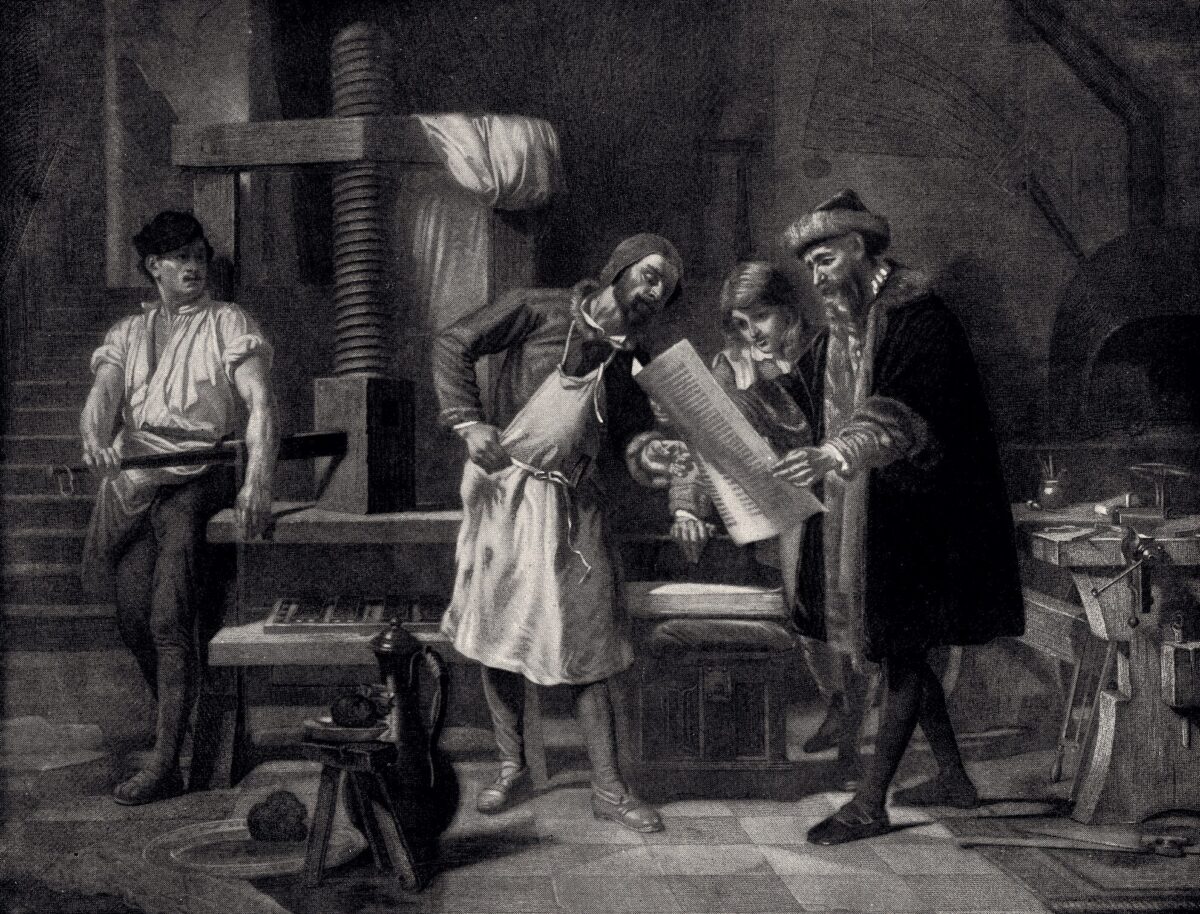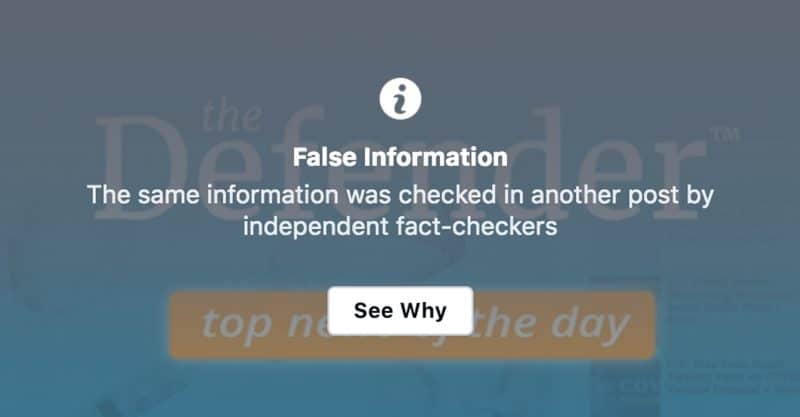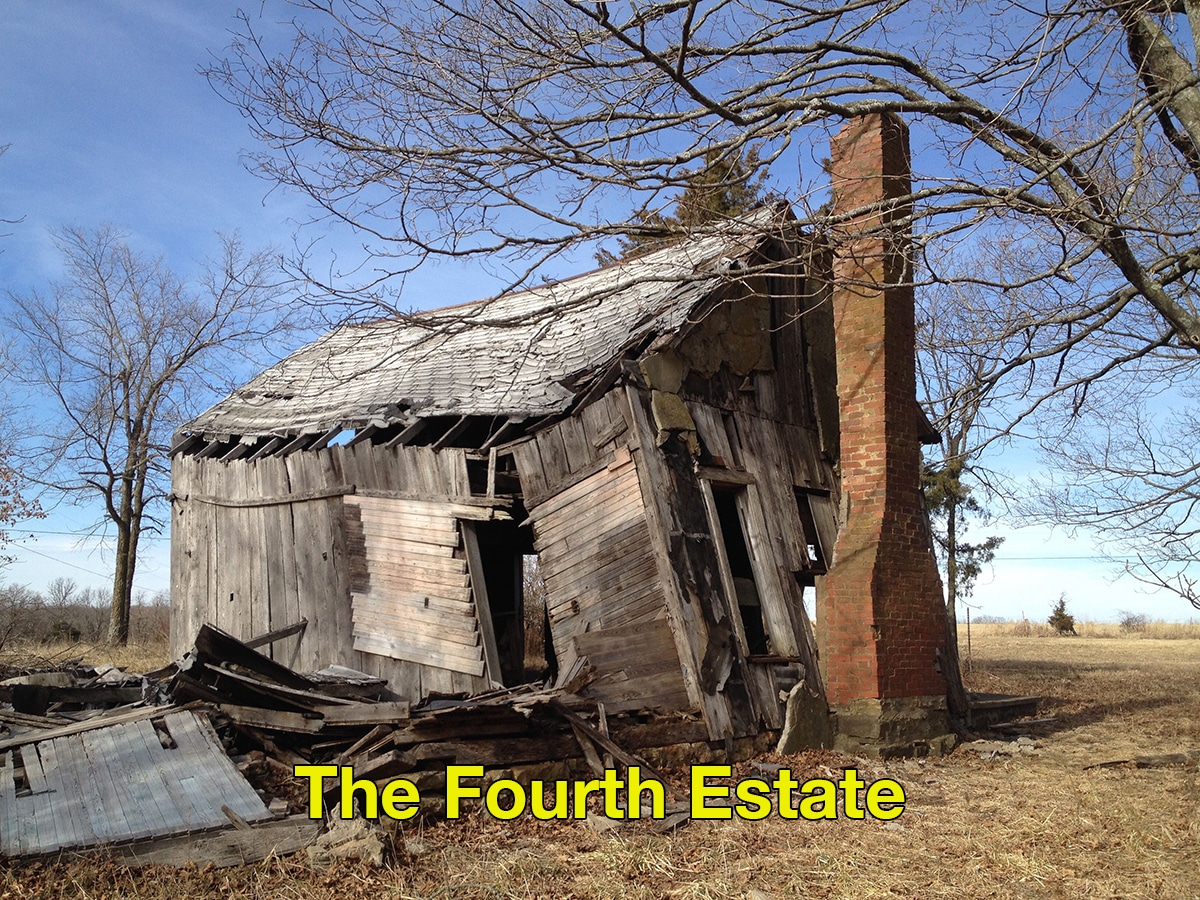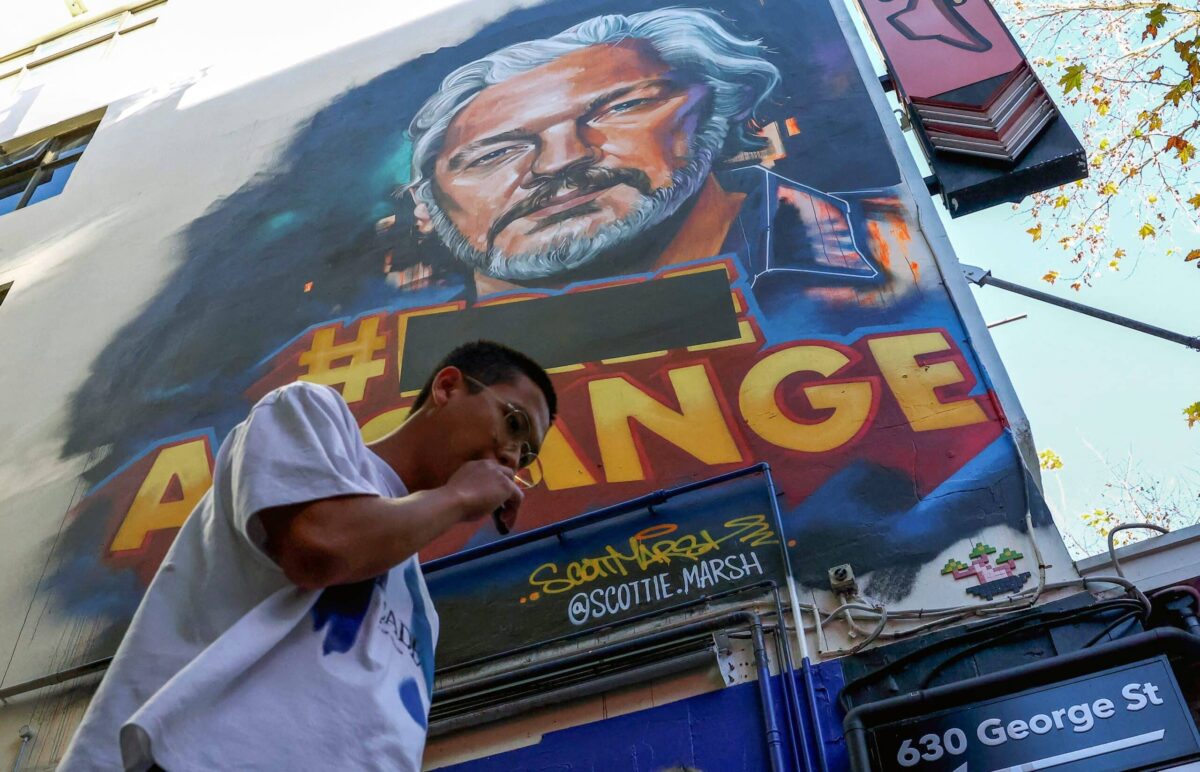

Journalists must be free to publish leaked documents
by Hamish McKenzie | Sep 27, 2024
On Tuesday, the independent journalist Judd Legum published a story on his Substack-hosted publication, Popular Information, revealing that “malign actors” were still hacking the emails from Donald Trump’s presidential campaign. He, like other reporters before him, had been offered the stolen internal campaign materials.
Legum decided not to publish those materials. Understandably so: He has been the victim of similar hackings. In 2016, his personal emails were included in the trove of emails Russia hacked from Hillary Clinton’s campaign chair, John Podesta. At the time, the mainstream press quoted from some of Legum’s emails as part of its coverage of the stolen materials.
Yesterday, Ken Klippenstein, another independent journalist who hosts his publication on Substack, published one of the documents found through the Trump campaign hack: a dossier the campaign had put together about Ohio senator J.D. Vance. The dossier was assembled, in part, to alert Trump to potentially damaging information about Vance as he considered whether to select him as his running mate. As we know, Trump ultimately picked Vance, and he is now the Republican candidate for vice president.
Major news outlets—including the New York Times, the Washington Post, and Politico—have been sitting on these materials for weeks, apparently deciding that they didn’t warrant coverage. This decision stands in contrast to their actions in 2016, when a hack made in similar circumstances in the lead-up to the election resulted in a torrent of coverage about Hillary Clinton’s campaign and the personal emails of those associated with it (including Judd Legum’s).
Though uncomfortable, the 2016 coverage was justified, and so is Klippenstein’s coverage this week. Indeed, so was the New York Post’s coverage of Hunter Biden’s stolen laptop in 2020, which other mainstream outlets were slow to cover and which social media platforms censored. In all cases, the materials had clear journalistic value and were in the public interest.
There has been some debate about the ethics of Klippenstein’s reporting on the stolen information. Some critics worry that the coverage inadvertently supports the efforts of foreign actors to intervene in, and influence, the U.S. elections. But it is not the journalist’s job to make themselves part of the security state; it is their job to help inform the public so it may have a better defense against outside influence. Others have pointed to the initial inclusion of Vance’s home address in the disseminated dossier as a case of doxxing, which should not be tolerated. We agree that the sharing of personal information amounts to doxxing and should not be allowed (except in extraordinary circumstances), as is common journalistic practice and a standard for media platforms’ content guidelines. However, Klippenstein has addressed those concerns by redacting that personal information from the documents. And that makes this case straightforward.
Media institutions and platforms must recognize Klippenstein’s situation as an opportunity to affirm their commitment to freedom of the press and to free speech.
Journalism is done in the public interest. It’s about finding and sharing the truth, as best it can be determined, and it is essential to a functioning democracy. A journalist’s job can be difficult, especially when it comes to reporting on public figures and those who aspire to high office. Such figures are willing to go to great lengths to hide unfavorable information, and their communications with the public are typically obscured by layers of spin, deflection, misdirection, and sometimes outright lies. These tactics are nonpartisan and have been deployed by candidates of all parties in all countries for time immemorial.
Occasionally, though, some light gets through the cracks. Sometimes the journalist gets the story—and then so does the public.
The truth can arrive in many guises: an informant, a whistleblower, a leaked document, even stolen materials. In all cases, parties that don’t want that information to come to light will aggressively move to prevent its distribution. Often they will sow fear and doubt and resort to smearing the reporter. But in many cases, it’s this kind of reporting that is the most indispensable. Think of the New York Times and Washington Post’s coverage of the Pentagon Papers, based on stolen documents, that revealed that the U.S. government had secretly expanded its war in Vietnam; or the Abu Ghraib scandal, in which Seymour Hersh and CBS revealed the U.S. military’s torture and abuse of prisoners in Iraq; or Glenn Greenwald’s coverage for The Guardian exposing the widespread tapping of ordinary Americans’ phones, revealed by the documents leaked by Edward Snowden. It’s in these moments that journalism fulfills its highest calling: holding power to account.
It is the journalist’s burden to resist the pressures of antagonists in pursuit of the truth. At its best, this kind of journalism is a service to us all. Its practitioners need and deserve all the protections that their right to freedom of the press and freedom of expression can offer.





0 Comments